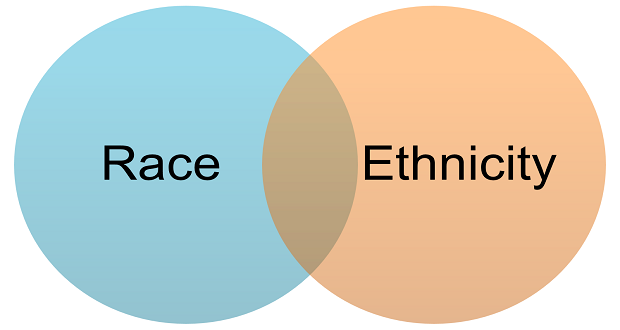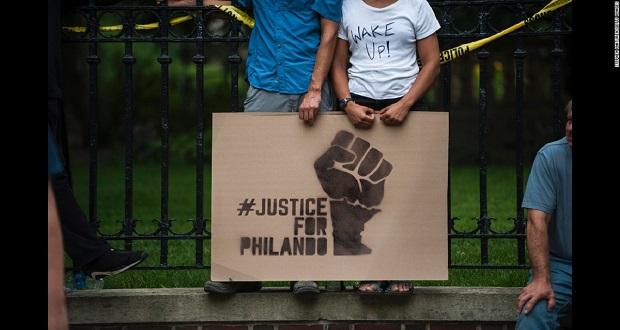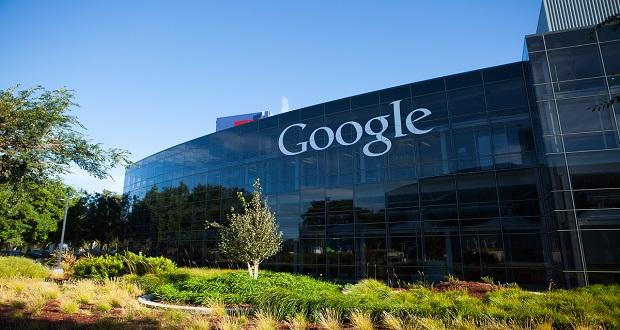Throughout the course of U.S. history, any significant movement toward social justice, civil rights, and equality has been met with “backlash” — a “sudden violent backward movement or reaction,” as Merriam-Webster defines it, typically from those in positions of power and privilege who profit the most of maintaining the status quo of conformity, inequality, and oppression. Lawrence Glickman, a history professor at Cornell University, wrote in an article for the Atlantic:
Significant movement toward social justice has always been met with 'backlash,' typically from those in power and privilege who profit the most of maintaining the status quo of conformity, inequality, and oppression. Click To Tweet“…individual backlashes are all instances of a reactionary tradition, one that is deeply woven into American political culture and that extends back to the era of Reconstruction, at least. And the backlashes are powerful not only for the fury they represent, but in the fear they instill in political leaders, even progressives, who hesitate to push things ’too far.’”
The last two years have provided so many instances of backlash that many practitioners in the DEI space feel whiplash. Consider the backlash to Black Lives Matter protests and movements for police reform, or the anti-mask, anti-vaccine backlash during the Covid-19 pandemic. And don’t get me started on the “critical race theory” backlash that is sweeping the nation and hamstringing educators from doing their jobs to teach young people history, sociology, law, and civics.
The last two years have provided so many instances of backlash that many practitioners in the DEI space feel whiplash. Click To TweetOne of the latest targets of backlash is LGBTQ+ youth and children. The Gallup organization recently conducted a poll of Americans and found that the overall population of LGBTQ+-identified people has increased to over 7%, largely due to Gen Z. In fact, over 20% of Gen Z adults identify as LGBTQ+.
Inevitably, we have seen the backlash to changing demographics and increasing support for transgender and nonbinary individuals. Several state legislatures recently introduced bills suppressing support for LGBTQ+ youth and children. Florida’s “Don’t Say Gay” bill bans lessons around sexual orientation in kindergarten through third grade. Kansas, Tennessee, and Indiana all are poised to follow in Florida’s footsteps. Texas Governor Greg Abbott ordered state child welfare officials to investigate gender-affirming medical treatments for trans youth as child abuse.
What can we do to counteract this constant backlash to progress? For answers, let’s turn to mechanical engineering. Backlash in this context refers to the lost motion in a mechanism caused by gaps between gears. Think of a train reversing direction and the sound that is made on the railway couplings. Similarly, when we attempt to make social progress and some feel we’re moving in the wrong direction or moving too fast, they attempt to slow it down or reverse the direction entirely. The resulting “noise” is similar to that sound of the train gears changing on the tracks. It’s loud, almost violent.
In mechanical engineering, the most effective way to reduce backlash is by shortening the distance been the gears’ centers. In doing so, we limit the space in which the gears can reduce or reverse motion.
Can we use the same principles to reduce backlash in societal progress? How might we do it?
- Reduce the distance between the two centers. Reach out to people who are part of the reversal and engage with them. Seek connection and common ground. For example, consider asking, “help me understand your perspective around why teachers should not be allowed to teach children about sexual orientation or gender identities,” and then listen for the emotions behind the words. Then share where you agree and don’t agree and why. “It sounds like we share a common purpose in that we want our children to be well educated and safe. For me, I think it’s important to talk about these issues with children. My kids have friends whose parents are LGBTQ+. They have friends who identify as non-binary and always have. These are people they know and love, and it’s not a big deal.”
- Encourage and invite slow forward movement at first, then gradually pick up speed. Think of that train on the tracks. It takes time to build momentum for a large machine to move forward. When engaging with those who are drawn into the backlash, give them some runway to slowly build their understanding and willingness to move forward with you. For example, you could ask, “would you be interested in talking more? I could introduce you to my friend who is nonbinary. They have kids and often talk about these issues.”
- Keep the forward movement building. This means we need to focus our energy on those who are most willing to be part of the forward motion. Ultimately, our train will leave the station and head to its next destination. Some folks may not be on board because they couldn’t or wouldn’t catch up fast enough. For example, if a person continues to engage in behaviors that are harmful to progress and equality, let them know and let them go. “It sounds like you are not willing at this time to explore a different viewpoint than your own. If that changes, feel free to reach out.”
Backlash is not a new concept and will always be present when we try to push for forward movement. We can’t eradicate it because it’s a natural part of systems change, but we can work to reduce backlash and build momentum for progress by leaning into the discomfort of engaging with those who are swept up in the backlash.




















